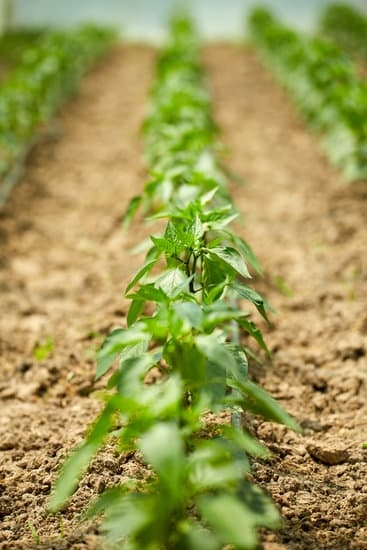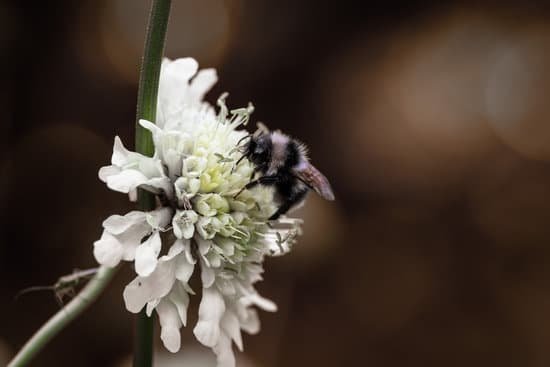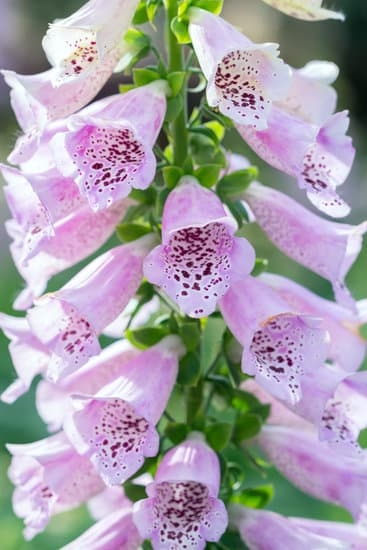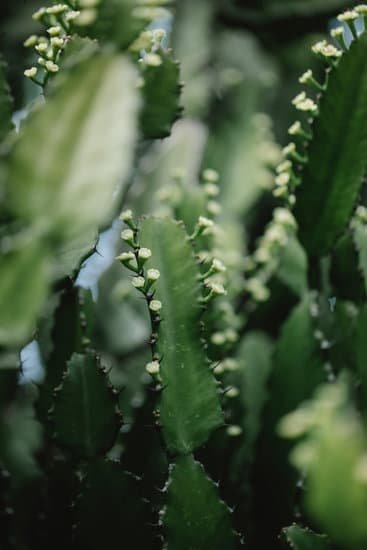Vegetable Gardening Tips Videos
Welcome to our vegetable gardening tips videos page! In these videos, we provide tips and advice on how to grow a successful vegetable garden.
In our first video, we discuss the basics of vegetable gardening. We cover everything from choosing a site for your garden to choosing the right plants for your climate.
In our second video, we discuss how to prepare your garden for planting. We cover everything from soil preparation to planting seeds.
In our third video, we discuss how to care for your vegetable garden. We cover everything from watering to fertilizing to pest control.
In our fourth video, we discuss how to harvest your vegetables. We cover everything from harvesting fruits to harvesting vegetables.
In our fifth video, we discuss how to store your vegetables. We cover everything from storing fruits to storing vegetables.
We hope you find these videos helpful and informative!
Urban Vegetable Gardening Tips
When most people think of vegetable gardening, they imagine a rural setting with acres of land to till and plants to sow. But with a little bit of creativity, you can also have a productive vegetable garden in an urban setting. Here are a few tips to get you started:
1. Choose a sunny spot: Vegetables need at least six hours of sunlight per day, so choose a spot in your yard that gets plenty of sun.
2. Use containers: If you don’t have enough space for a traditional garden, don’t worry – you can grow vegetables in containers instead. Just make sure the containers are large enough, and that the soil is fertile and well-drained.
3. Rotate your crops: To avoid nutrient depletion, be sure to rotate your crops every year. This means planting different vegetables in the same spot each season.
4. Use compost: Compost is a great way to add nutrients to your soil, and it’s also a natural way to deter pests. You can make your own compost or buy it from a local garden center.
5. Keep your tools sharp: A sharp shovel makes digging much easier, and a sharp hoe can help you weed your garden quickly and easily.
With these tips in mind, you’re ready to start your own urban vegetable garden!
Tips Vegetable Gardening For Beginners
There are a few things to consider before starting a vegetable garden. The first is to decide what you want to grow. The second is to select the right location. The third is to prepare the soil.
The first step is to select the vegetables you want to grow. Some vegetables are easier to grow than others. For example, carrots, radishes and lettuce are some of the easiest vegetables to grow. Tomatoes, cucumbers and peppers are a little more difficult.
The next step is to select the right location. The best location for a vegetable garden is in a sunny spot with well-drained soil. If your garden is not in a sunny spot, you can grow vegetables in containers.
The third step is to prepare the soil. The best way to do this is to add organic matter to the soil. You can do this by adding compost, manure or peat moss to the soil. You can also add a soil amendment such as lime or sulfur to the soil.
Once you have prepared the soil, it is time to plant the vegetables. The best way to do this is to plant them in rows. You can also plant them in clusters.
When you are planting the vegetables, be sure to follow the instructions on the seed packet. Some vegetables, such as carrots, need to be thinned out. This means that you need to pull out some of the plants so that the others have enough room to grow.
Once the vegetables have been planted, it is important to water them. Be sure to water them every day, especially if it is hot.
If you follow these tips, you will be able to grow a successful vegetable garden.
Tips On Gardening Vegetables
There are many things to consider when gardening vegetables. The first decision you need to make is what type of vegetables to plant. The next decision is what type of soil to plant them in. And finally, when to plant them.
The type of vegetables you choose to plant will depend on your climate, the type of soil you have, and what you like to eat. Some vegetables, like tomatoes, grow well in most climates. Others, like asparagus, do best in a specific climate.
The type of soil you have will also determine what vegetables you can grow. Clay soil is good for vegetables like carrots and potatoes. Sandy soil is good for vegetables like lettuce and tomatoes.
When to plant your vegetables will depend on your climate. In most climates, you can plant vegetables in the spring, summer, or fall.
Once you have decided what type of vegetables to plant, and what type of soil to plant them in, you need to figure out when to plant them. The best way to do this is to check your local weather forecast.
Vegetable Gardening Tips
for the Novice
There are a few things to keep in mind when starting a vegetable garden, even if you are a novice gardener. The first step is to pick a location for your garden. It is important to find a spot that gets plenty of sunlight, at least six hours per day. The soil should also be fertile and well-drained.
The next step is to prepare the soil. You can do this by tilling the soil and adding organic matter, such as compost or manure. Be sure to mix the organic matter in well so that it is evenly distributed. You can also add in some organic fertilizer to help give your plants a boost.
Once the soil is ready, it is time to start planting. Be sure to read the labels on your plants to find out the best way to plant them. Some plants, such as tomatoes, should be planted deep in the soil, while others, such as lettuce, should be planted near the surface.
Watering is another important aspect of vegetable gardening. The best way to water your plants is to do it early in the morning, so the water has a chance to dry before nightfall. You should also water the plants deeply, so the water reaches the roots.
If you follow these tips, you should be able to have a successful vegetable garden, even if you are a novice gardener.

Welcome to my gardening blog! I am passionate about plants and enjoy sharing my knowledge and experiences with others. In this blog, I will write about everything related to gardening, from tips on how to get started to updates on my own garden projects.





